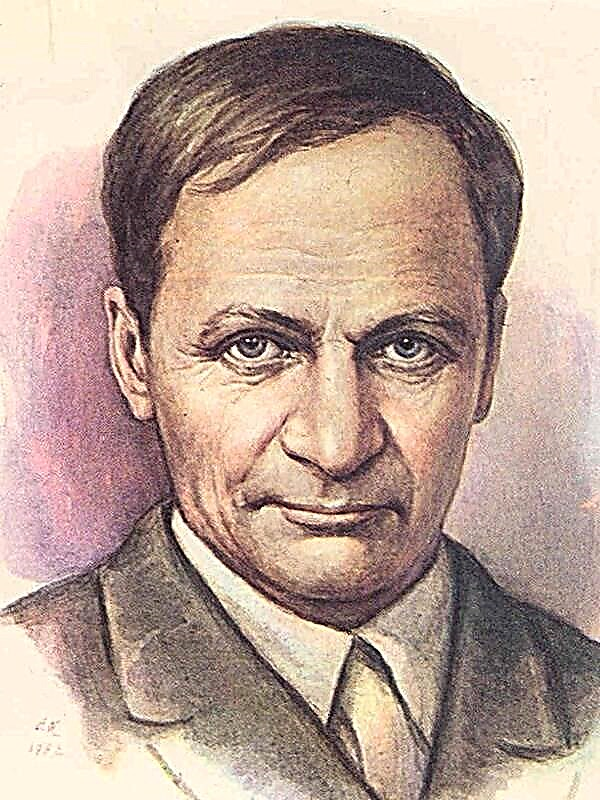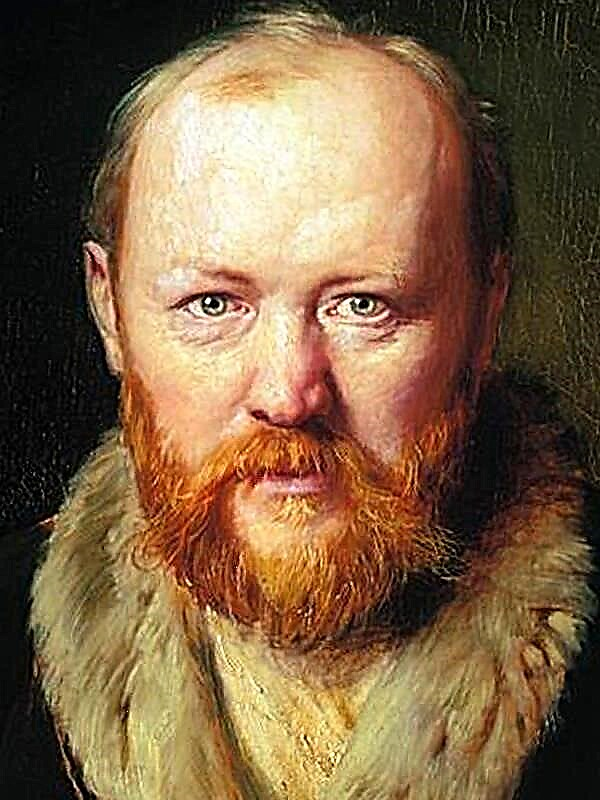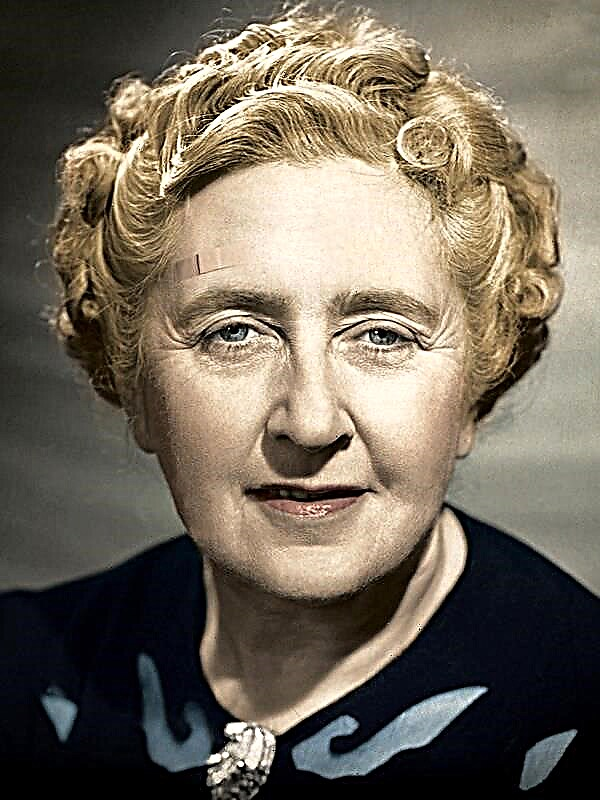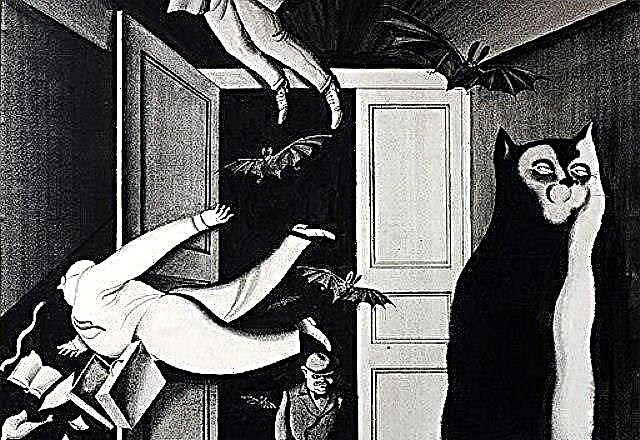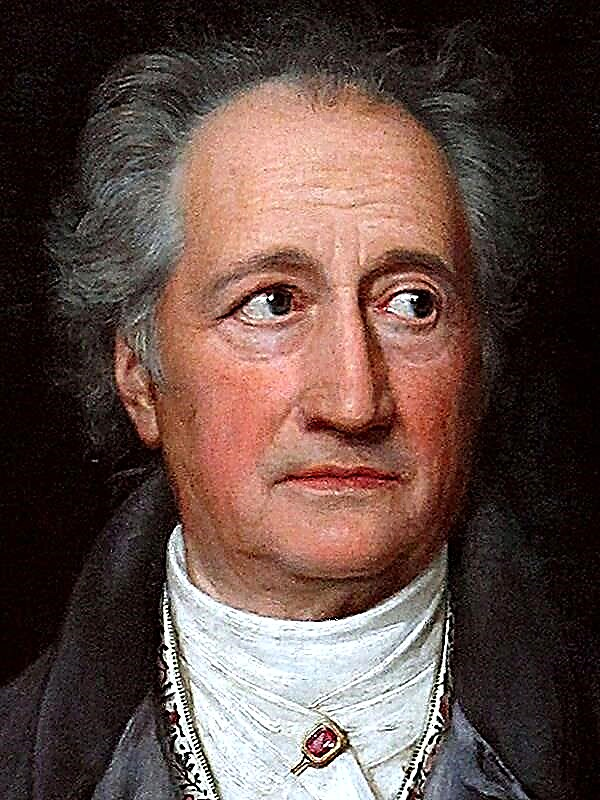Nikolai Vasilyevich Gogol is a name that is known not only to every Russian person, but also to many people abroad. Nikolai Vasilievich was an excellent writer, playwright, critic and publicist. He is rightly called a classic of Russian literature.
Childhood
The writer was born on March 20 (April 1 according to the old style) in the village of Sorochnitsy, Poltava province. His mother, Maria Ivanovna, married at the age of fourteen to Vasily Gogol-Yanovsky, a representative of an old noble family.
In total they had 12 children, it is a pity that not many were able to live a long life. However, the third son was Nikolai. The young publicist lived in an environment of little Russian life, later this will form the basis of his Little Russian stories, where peasant life is often represented. When the boy was ten, he was sent to Poltava, to a local teacher.
Youth and education
It must be said that Gogol was far from a diligent student, but he was well-versed in Russian literature and drawing. They began to publish a handwritten magazine. Then he wrote elegiac works, poems, novels, satire, for example, "The law is not written for fools."
After the death of his father, the young classic refuses the share of the inheritance in favor of his younger sisters and a little later goes to the capital in order to earn his own living.
Recognition: Success Story
In 1828, the poet writer moved to St. Petersburg. Gogol could not leave the dream of the profession of an actor, but they did not want to take him anywhere. He also served as an official, but this work only bothered him. And when the enthusiasm completely disappeared, Nikolai Vasilievich again tries himself in literature.
His first published work was “Basavryuk”, later renamed “Evening on the Eve of Ivan Kupala”. It was he who brought him fame and recognition in literary circles. But Gogol did not stop. This story was followed by the world famous “The Night Before Christmas”, “Sorochinskaya Fair”, “Taras Bulba”. Also there was an acquaintance with Zhukovsky and Pushkin.
Personal life
In total, he had two loves in life. And it’s hard to call it strong feelings. The fact is that the writer was too religious, even intended to leave for the monastery, and he discussed all issues with the confessor. Therefore, his communication with the opposite sex did not work out, and the author, in principle, did not consider many women to be worthy companions of life.
His first love was the imperial maid of honor Alexander Smirnov-Rosset. Once these two people were introduced by Zhukovsky. After that, they began to correspond. Unfortunately, Gogol believed that he could not provide it. Life, which she was used to, cost a lot of money, and the writer was obliged to a lot. And, although their correspondence was filled with genuine tenderness, Alexandra married Nikolai Smirnov, an official of the Ministry of Foreign Affairs.
The second lady of the heart was his cousin Maria Sinelnikova. The girl was struck by the character of Gogol, his tenderness and isolation. During the time that her family was visiting the estate of the writer's parents, she was constantly next to him. When the girl left, they began to correspond. But here, Nikolai did not work out. Two years after meeting the classic did not.
Interesting Facts
- Gogol was not an ordinary writer. The reason for this is unusual. For example, when new people appeared in the room whom he did not know, Nikolai seemed to evaporate.
- To solve difficult life issues, he used bread balls. He loved to think about rolling balls of bread and rolling on the table.
- He was not gifted with literary talent initially, as a child, he wrote very mediocre works, which were not even preserved.
- Well, one cannot fail to mention that in 1852 the writer burned the second volume of his main work in life - Dead Souls. There is evidence that he did this by order of his confessor.
- There is a version according to which the writer was buried alive. His burial was opened, and there were discovered traces of nails, as if a person woke up and tried to get out. Apparently, Gogol could fall into a lethargic dream, and then wake up in the grave.
Death
“How sweet it is to die,” - the last words of the poet in consciousness. And his death itself is rather confusing. There is no exact confirmation of any hypothesis. However, there is a sound assumption that the writer died due to fasting.
The fact is that Gogol, at the end of his life, began to extol the significance of religion, observing all the rituals. But his body was not at all ready for a strict diet. And Nicholas died a month before his forty-third birthday, February 21, 1852.



